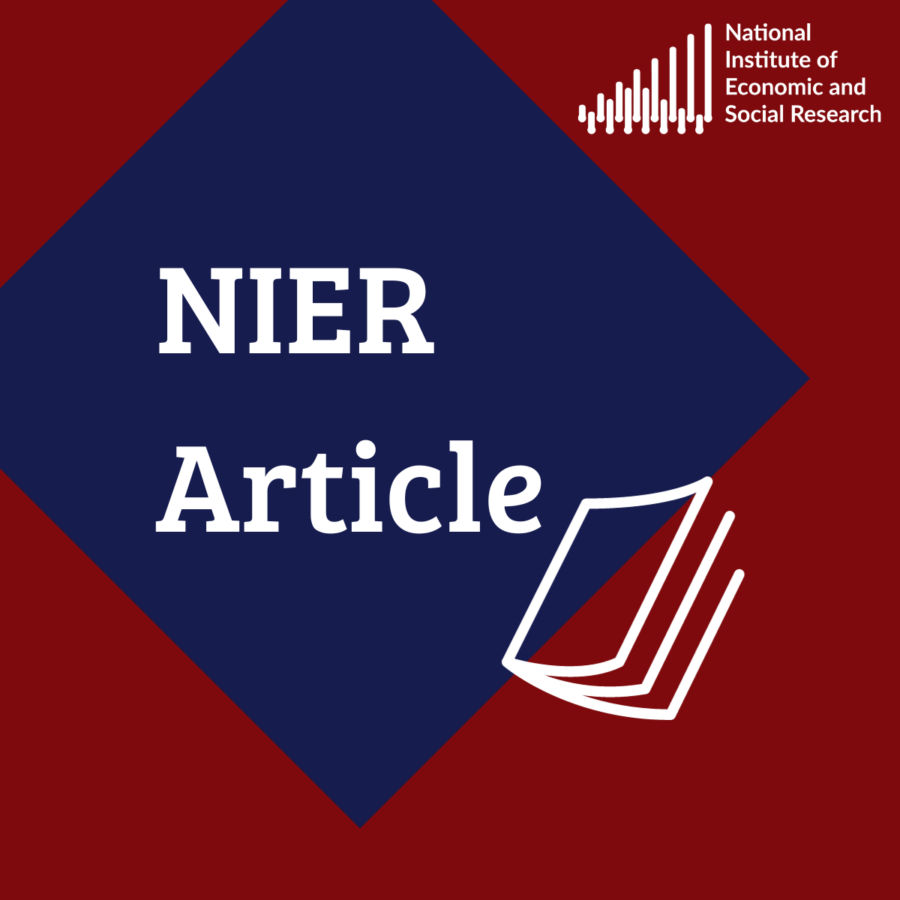Saving and life insurance holdings at Boston University – a unique case study
 Pub. Date
Pub. Date
 Pub. Type
Pub. Type

This study examines the saving and insurance behaviour of 386 Boston University (BU) employees who volunteered to receive financial planning based on ESPlanner (Economic Security Planner) - a detailed life-cycle financial planning model developed by Economic Security Planning, Inc. Because the employees received their own financial plan, they had a strong incentive to provide full and accurate financial information. Hence, the data appear to be of particularly high quality for studying saving and life insurance decisions.
ESPlanner recommends annual levels of consumption, saving, and life insurance holdings that smooth a household's living standard through time subject to the household not exceeding its self-ascribed borrowing limit. The programme treats housing and special expenditures as 'off-the-top', adjusts for economies in shared living and the relative costs of raising children, makes highly detailed tax and Social Security benefit calculations, and permits users who don't want a stable living standard to specify how they'd like their living standards to change through time.
Our findings are striking. First, the correlation between ESPlanner's saving and insurance prescriptions and the actual decisions being made by BU employees is very weak in the case of saving and essentially zero in the case of life insurance. Many employees are spending far more and saving far less than they should, while others are under-spending and oversaving. The same holds for life insurance. The degree of under-insurance seems particularly acute. Almost 13 per cent of those BU spouses who are secondary earners would experience a 40 per cent or greater drop in their living standards were their spouses to pass away in the near future. Another 13 per cent would experience a 20 to 40 per cent drop. Second, planning shortcomings are as common among high-income professors with significant financial knowledge as they are among low-income staff with limited financial knowledge. Third, two thirds of BU employees are not in a position to smooth their living standards without exceeding their debt limits.




